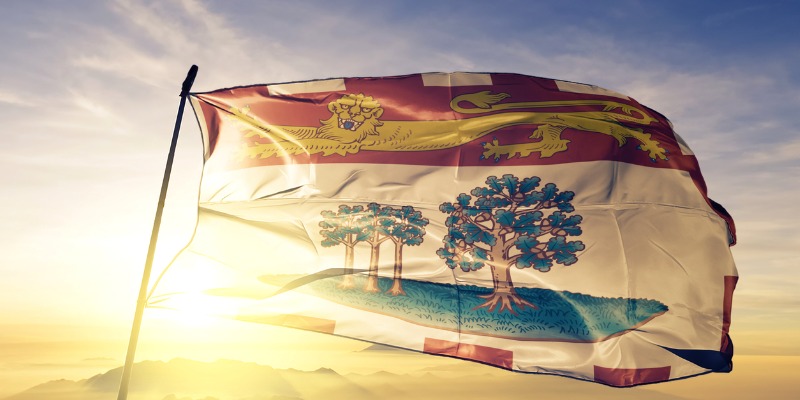P.E.I. government fails to rein in runaway spending

The King Government this week released Prince Edward Island’s 2022/23 budget, which includes continued increases in government spending and deficits for at least the next three years. The budget represents a missed opportunity to improve the province’s finances and take advantage of the Island’s relatively strong economic performance during the pandemic.
On the revenue side, the province projects strong growth through 2023, and in fact, higher revenues than forecast in last year’s budget. Combined with spending restraint or reductions, this should have resulted in a balanced budget and an opportunity to start paying down debt. Unfortunately, the government chose to use these revenue gains to finance ever-higher government spending.
Coming into the budget, P.E.I. was already a high-spending province. Per-person spending (adjusted for inflation) will increase from $15,022 before the pandemic to $15,738 by 2024/25. Going into the pandemic, P.E.I. was already among Canada’s top-spending provinces.
So even though revenues are expected to be higher than budgeted, the budget deficit is roughly double what was budgeted last year ($93 million vs. $46 million) due to the increase in spending—despite the fact the province has weathered COVID quite well, as measured by government revenues or economic growth. To make matters worse, the budget projects deficits of $52 million next year and $32 million the year after.
All of this spending comes with financial consequences. The string of projected deficits means the province’s debt (after adjusting for financial assets) will reach $2.7 billion this year and exceed $2.8 billion next year. At present, Islanders pay $131 million annually in provincial government debt interest, which draws crucial funds away from other priorities. This debt accumulation will not cease until the province balances its books.
In fact, the projected path forward is not sustainable. Despite a growing economy and increasing revenues, this budget projects debt to grow as a share of the economy. Last year, net debt represented 28.6 per cent of P.E.I.’s economy. That number is expected to hit 29.8 per cent this year and 30.5 per cent in 2023/24.
Finally, due to this ever-increasing spending, the province is likely unable to reduce taxes. P.E.I. is well above the national average for the total amount of taxes and the province’s personal income taxes are among the highest in North America.
Had the King government simply decided to freeze total spending at 2021 levels, it could have been in an enviable position in the years ahead. For example, this would create a budget surplus of $72 million next year and $179 million the year after; money that could help tackle the problems of debt and/or tax relief.
Simply put, Budget 2022/23 represents a missed opportunity for P.E.I. to improve its financial position. Spending evermore money financed by borrowing means the province will continue to accumulate debt and forego tax relief, which is not a recipe for long-term prosperity.
Authors:
Subscribe to the Fraser Institute
Get the latest news from the Fraser Institute on the latest research studies, news and events.

